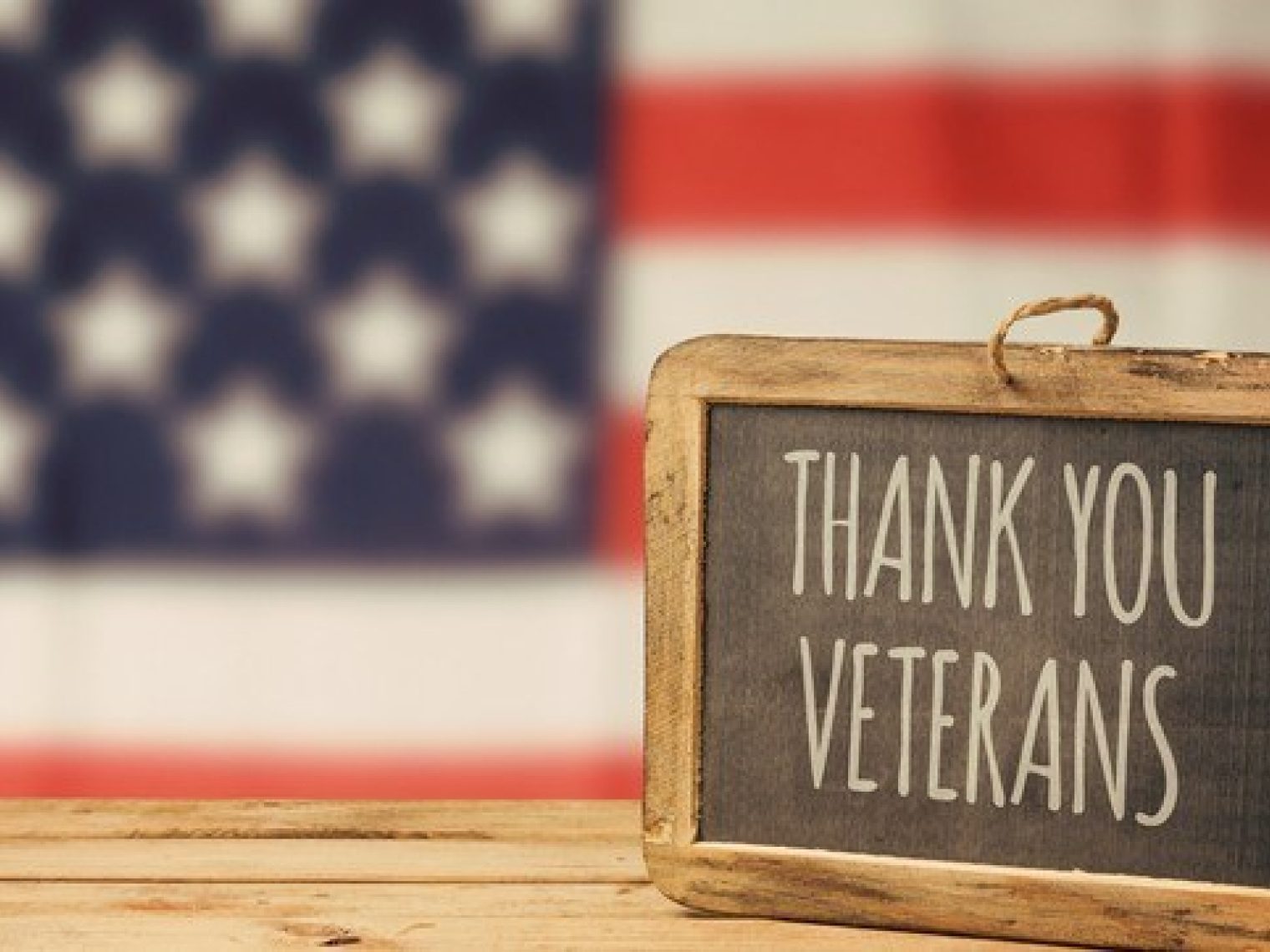Military members are more likely to have a credit card than civilians.
They’re also less likely to pay their balance in full.
Those findings come from a 2010 survey conducted by the FINRA Investor Education Foundation. They also suggest that some military members may be struggling to stay afloat financially.
Carrying credit card balances can harm your credit score and make it difficult to secure car loans, home mortgages and other financial tools. And that means it’s important for U.S. service members and veterans to consider what charges, if any, they should put on a credit card.
Here are some major Do’s and Don’ts when it comes to using credit responsibly:
Answer a few questions below to speak with a specialist about what your military service has earned you.
Don’t
- Use a credit card to buy everyday things like groceries. If it’s a good that doesn’t last long or doesn’t cost three figures, then it probably doesn’t need a credit card to be bought.
- Run your credit card to buy vices, such as alcohol.
- Withdraw cash against your credit card. That’s an easy, quick way to build a large balance.
Do
- Charge your credit card in the case of emergencies for unexpected travel, car, home or medical issues. These include airplane tickets, car rentals, hotel rooms and tradesman services such as plumbers or electricians.
- Use a card that earns you worthwhile rewards. Some of the expenses listed above--airfare, car rentals and hotel reservations--often earn reward points or cash back.
- Swipe your card when it can insure you against poor service. When paying for a service, such as plumbing work, a credit card can protect you against faulty work.
- Use your card for expensive goods, online purchases, concert or sports tickets and gas.
Delivery insurance and protections against damaged or lost products are major benefits of buying with a credit card. Some credit card companies offer rewards for tickets, but find out which events are part of the rewards program. The same goes for gas purchases, which might earn 3 to 5 percent cash back.
Spend wisely and only when you know you’ll be able to pay off the balance without accruing interest or late fees. Know what to buy and what not to buy while keeping your cards’ balances at or below 30 percent of their credit limit.
Related Posts
-
 What Not to Do When Buying a House and Mistakes to AvoidDiscover key mistakes to avoid before buying a home, ensuring a smoother, more informed process. Here's four things to not do when purchasing a house.
What Not to Do When Buying a House and Mistakes to AvoidDiscover key mistakes to avoid before buying a home, ensuring a smoother, more informed process. Here's four things to not do when purchasing a house. -
 2020 Veterans Day Discounts, Deals, and GiveawaysVeterans Day 2020 will be on Wednesday, November 11th, 2020. Check out this full list of deals for veterans, service members and their families.
2020 Veterans Day Discounts, Deals, and GiveawaysVeterans Day 2020 will be on Wednesday, November 11th, 2020. Check out this full list of deals for veterans, service members and their families.


